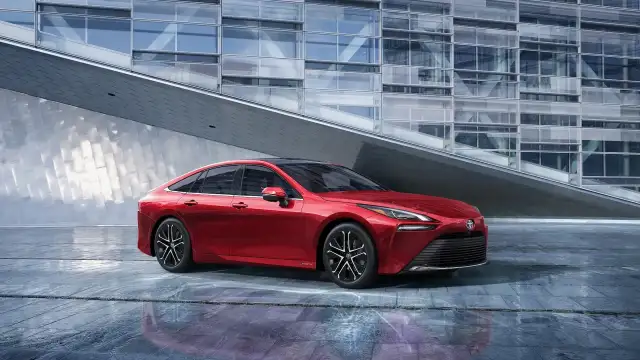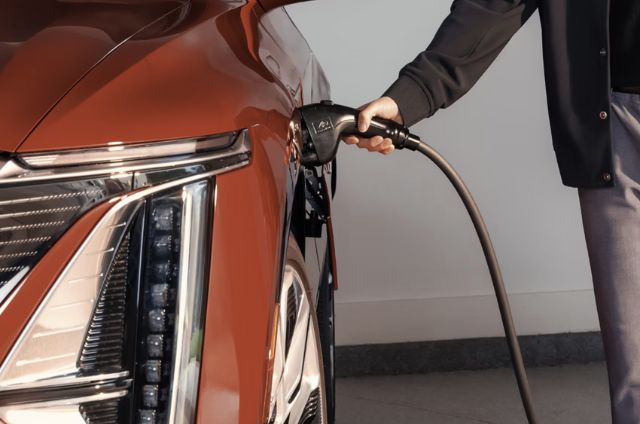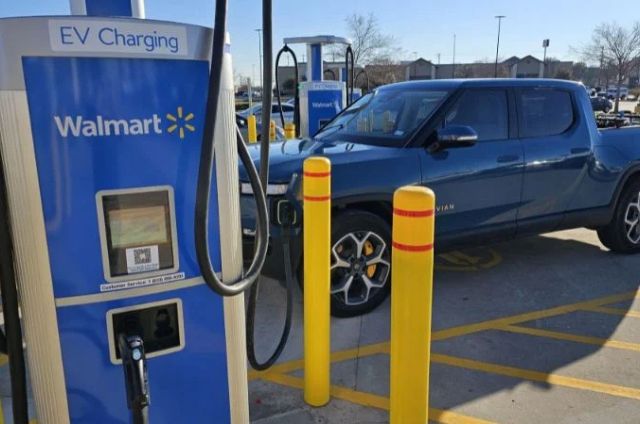Southern California drivers now have the chance to purchase the 2024 Toyota Mirai hydrogen fuel-cell sedan at prices comparable to subcompact gasoline cars. Thanks to Toyota’s eye-popping discounts of up to 70% off, the Mirai XLE, typically priced at $51,285, is now available for as little as $17,005 (including destination fees).
The higher-end Mirai Limited, which usually costs $68,210, has also been slashed to $25,210. For those in Northern California, the discounts are smaller but still impressive—$25,000 off the XLE and $33,000 off the Limited.
$15,000 in Free Fuel Adds Extra Value
In addition to the huge price cuts, Toyota is offering Mirai buyers $15,000 worth of free hydrogen fuel. This perk covers up to six years of driving, translating to over 30,000 free miles even with California’s peak hydrogen price of $34.55 per kilogram. In XLE trim, the Mirai achieves an impressive 72 miles per kilogram of hydrogen, making it one of the most efficient fuel-cell vehicles on the market.
Toyota is also providing lease incentives of up to $7,500, making the Mirai even more appealing to those curious about hydrogen-powered cars.
Hydrogen Supply and Sales Challenges
Despite its luxurious ride quality and environmentally friendly credentials, the Toyota Mirai faces challenges due to a limited hydrogen fueling infrastructure. The vehicle is currently only available in California, as no other state has a sufficient hydrogen network to support it.
Additionally, hydrogen prices have soared in recent years due to supply disruptions, which have hindered consumer adoption of fuel-cell vehicles. Toyota sold just 499 Mirai sedans in the U.S. in 2024, a sharp decline from 2,737 in 2023.
A Luxury Ride with a Green Edge
The second-generation Mirai has earned praise for its Lexus-like refinement, offering smooth handling, minimal cabin noise, and an overall premium feel. Unlike its predecessor, which felt more like a Prius, the current model positions itself as a true luxury sedan.
Toyota also markets the Mirai as a “minus-emissions” vehicle, capable of purifying the air as it drives. However, the broader environmental promise of hydrogen relies on clean production and widespread availability—factors that have yet to fully materialize.



